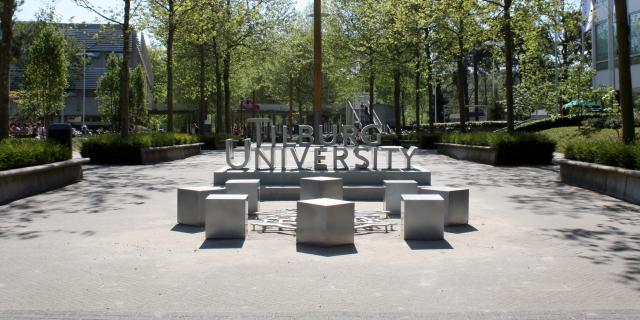Academic Collaborative Centers
In cooperation with organizations in the field of care and wellbeing, Tranzo has set up various Academic Collaborative Centers: long-term collaborations between Tranzo/Tilburg University, care and other organizations.
How we work: The Academic Collaborative Centers
Within an Academic Collaborative Center, work is carried out to develop scientific knowledge and to initiate innovation in care and other services offered in the sector involved. The cooperation is based on a long-term research program, jointly established by the University and the care and wellbeing organizations. Science practitioners, professionals who work partly in the field and partly within the University, play a central role in the Academic Collaborative Centers: they bridge the gap between science and practice.
Three important principles are at the basis of Tranzo’s working method: complete equality between the University and the collaboration partners, personal contacts at various levels within the organizations concerned, and ‘win-win’: all parties involved must benefit from the cooperation.
-
complete equality between the University and the collaboration partners.
-
personal contacts at various levels within the organizations concerned.
- ‘win-win’: all parties involved must invest in and benefit from the cooperation. Usually, cooperation takes place “in kind”. The above-mentioned science practitioners are a case in point. The care institution where the science practitioner works pays the salary and Tranzo provides the scientific supervision, accommodation, ICT, library facilities, etc.
